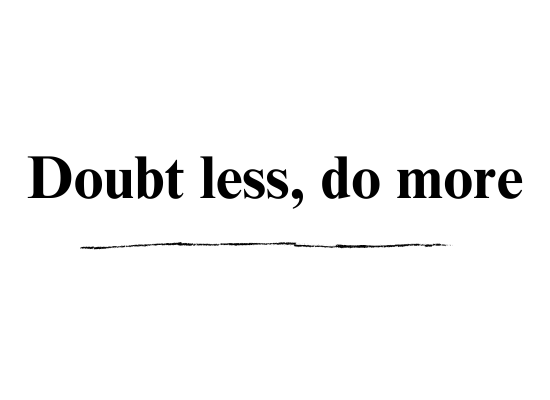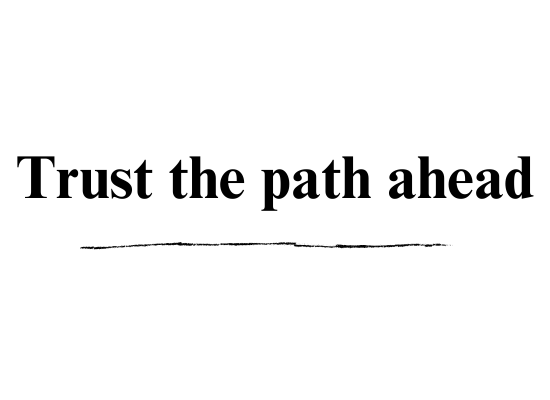The Power of Words:
How Self-Talk Shapes Your Reality

Most of us don’t realize how much power our inner dialogue holds. The words we speak to ourselves, whether whispered in frustration or repeated daily like a quiet mantra—shape how we see the world and, more importantly, how we see ourselves.
A single phrase, repeated often enough, can build confidence or chip away at it. It can push you forward or hold you back. And because these words run on autopilot, we rarely stop to question them. Now imagine pausing for a moment, taking a step back, and looking at those words through a new lens. Could they be reshaped into something more constructive?
The Invisible Script Running Your Life
Your mind is constantly telling a story, whether you realize it or not. It’s narrating your experiences, interpreting situations, and filling in the gaps with assumptions. Over time, certain phrases become part of your internal script: I’m not good at this. I always mess things up. Things never work out for me. The more these thoughts repeat, the more convincing they become, turning into beliefs that shape your actions and decisions.
The reality is, these beliefs aren’t necessarily accurate. They’re just familiar. And anything that’s learned can be unlearned.
How Words Reinforce Reality
The language you use—both out loud and in your mind—acts like a filter. It influences what you focus on and what you expect from yourself and the world. If your self-talk is filled with doubt, you’ll hesitate more. If it leans toward possibility, you’ll take more chances.
Words don’t just describe reality; they help create it. Saying I can’t handle this convinces your mind to stop looking for solutions. Saying This is a challenge, but I’ll find a way keeps the door open for growth. Small shifts in language can completely change the way you move through life.
Rewiring the Conversation in Your Mind
Since self-talk is often automatic, changing it takes intention. The first step is simply noticing the phrases that show up most often. Do they encourage you or discourage you? Once you become aware of them, you can begin to challenge the ones that don’t serve you. Instead of accepting thoughts like I’m terrible at this, reframe them: I’m still learning, and I’ll improve with practice.
This isn’t about forced positivity—it’s about being fair to yourself. The way you speak internally should reflect how you would encourage a close friend.
The Science Behind Positive Self-Talk
Your brain is always listening. Research in neuroscience shows that thoughts, especially repeated ones, create neural pathways—like well-worn trails in the mind. The more you reinforce a thought, the stronger that pathway becomes. This is why self-talk feels so instinctive; your brain takes shortcuts based on what it’s used to hearing.
But just as those pathways were formed, new ones can be built. Each time you replace self-doubt with a more constructive thought, you’re strengthening a different mental pattern. Over time, the old beliefs weaken, and a more empowering narrative takes their place.
When you become intentional about self-talk, everything starts to change.
Practical Ways to Shift Your Self-Talk
Changing how you speak to yourself doesn’t require major effort—just small, intentional changes. Here are a few ways to start:
1. Catch and Correct – Whenever a self-limiting thought arises, pause. Ask yourself: Is this absolutely true, or just a habit? If it’s not helpful, tweak it. Even a slight adjustment can make a difference.
2. Use Affirmations That Feel Real – Instead of forcing statements that don’t resonate (I am unstoppable!), start with something believable (I am figuring things out, and that’s enough for today). The key is to build trust with yourself.
3. Rephrase Your Challenges – Instead of saying, This is impossible, try, This is tough, but I can break it down into smaller steps. A shift in wording changes how your brain processes the situation.
4. Speak in a Supportive Tone – Your inner voice doesn’t have to be harsh. The way you talk to yourself should sound like someone who genuinely wants you to succeed. If you wouldn’t say it to a friend, don’t say it to yourself.
How This Transforms Your Daily Life
When you become intentional about self-talk, everything starts to change. You feel lighter, more capable. Challenges don’t feel as overwhelming because your inner voice isn’t working against you. Decisions become easier when doubt isn’t in the driver’s seat.
Most importantly, you develop a stronger sense of self-trust. And that trust? It’s what allows you to take risks, grow, and step into the person you’re meant to be.
A Simple Experiment
For the next few days, pay close attention to your inner dialogue. When a negative phrase pops up, don’t judge it—just notice it. Then, try adjusting it slightly, making it a little more supportive. You don’t have to get it perfect, just a little bit better.
See how this subtle shift affects your energy, your decisions, and your confidence. Because at the end of the day, the words you choose—especially the ones you say to yourself—shape everything.



